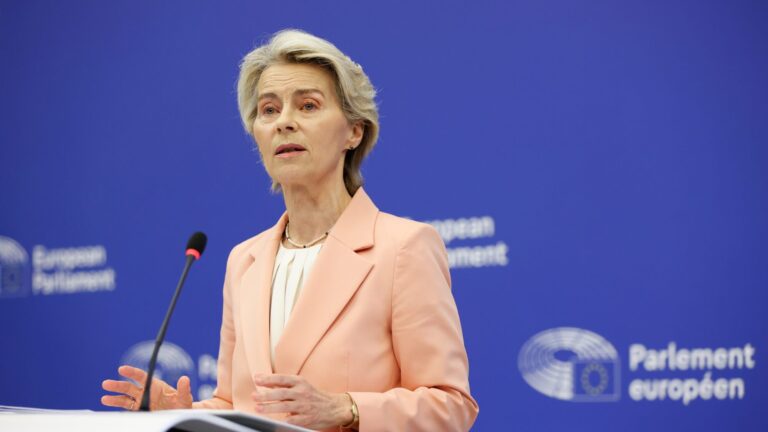Pharmacies across Europe have been scrambling for months to keep a variety of basic medicines in stock and the problem has become acute in recent weeks.
“In some medicines, these problems are more lasting, they have been dragging on for quite some time. Perhaps they have become more acute in recent months and in some other things it is more punctual, but it does cause us problems on a day-to-day basis,” Luis Jiménez Labaig, a pharmacist in Ávila, told the Spanish news outlet COPE.
Belgium recently passed a law that will allow the government to stop exports of specific medicines in the case of severe short supply and a lack of alternative options.
These are just two examples, but the extent of the problematic medicine shortage across the European Union caused the Executive Steering Group on Shortages and Safety of Medicinal Products (MSSG) to, in a statement on January 20th, explain the reasons for the shortages and assure the public they were addressing the problem. The MSSG is composed of the European Medicines Agency, the European Commission, and the Heads of Medicines Agencies (HMA).
The steering group attributed the lack of medicine stocks to world events, including the war in Ukraine, inflation, and the energy crisis limiting supply, combined with a sharp increase in cases of respiratory illnesses leading to increased demand.
This first winter following two years of widespread mask mandates has seen a rebound in respiratory illnesses, including flu in adults and bronchitis in children. The statement from MSSG said that:
A recent surge in respiratory infections has led to an increase in demand for antibiotics such as amoxicillin (alone and in combination with clavulanic acid), especially as paediatric formulations. In addition, manufacturing delays and production capacity issues have led to supply problems affecting the majority of Member States.
EU commissioner and health chief Stella Kyriakides also told the EU parliament on January 17th that the shortages were the result of “the sharp increase in demand because of more respiratory infections, along with insufficient production capacity.”
Industry experts explain that the problem stems from engrained practices, some of which are easier to change than others.
In Europe and the US, the pharmaceutical industry relies heavily on India and China for ingredients and production, and these supply chains have been deeply affected by the COVID-19 pandemic.
Bindiya Vakil, CEO of Resilinc, a California-based logistics firm, told Fierce Pharma in an interview:
What we don’t appreciate as much is that our drug supply is highly vulnerable because a lot of the source materials that go into developing the active pharmaceutical ingredients come from China … India is a huge market for generic manufacturing that we rely on in the U.S. And India is heavily dependent on China for those source materials that they transform into the APIs. We don’t have independence in our drug supply at all.
At the same time, as an industry, pharmaceuticals have more difficulty than other industries in responding to a surge in demand since it is highly regulated and its products must pass through thorough inspections.
In the short term, according to the steering group, national regulatory agencies were addressing the situation through the regulatory flexibilities available, including “allowing the exceptional supply of certain medicines or presentations that may not be authorised in a particular Member State or granting full or partial exemptions to certain labelling and packaging requirements.”
The commission is also working on a pharmaceutical legislation revision, originally planned for initial presentation in December 2022 but now slated for mid-March.
Kyriakides told the EU parliament that the revised framework will include stricter obligations for supply, requirements for earlier notifications of shortages and withdraws, and enhanced stock transparency. Industry representatives told Euractive that it was time pharmaceutical companies reworked their supply chains and employed advanced technologies to better predict changes in demand for specific medicines.





